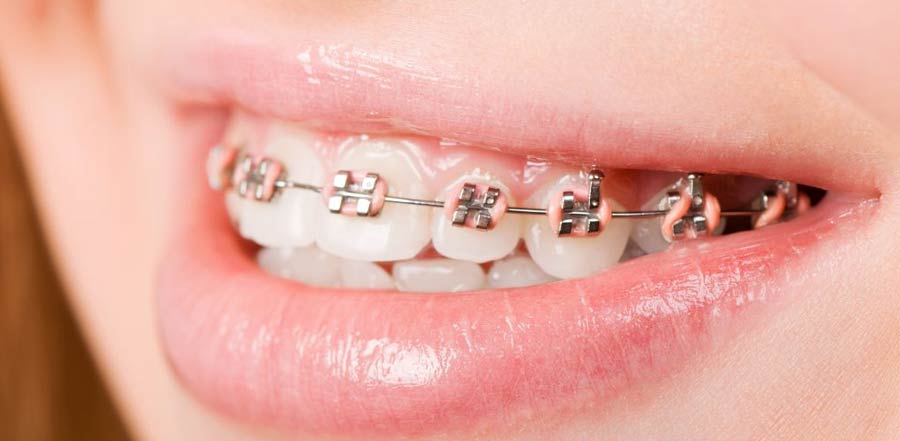Orthodontics Treatment in or near Sunset
Anyone looking for an orthodontist in the Sunset area you’ll faced with quite a few options. With that said why do so many families choose Lakes Orthodontics as their preferred orthodontist? In this day and age it seems that everybody is offering orthodontic services. In fact that there are many of dental professionals offering orthodontic services even when they are not qualified to do so. It goes beyond that you can now even order braces via mail from SmilesDirect! However, people who know better still prefer the service only a certified orthodontist can provide. If you’re looking Invisalign we ask you to call us for a free no obligation consultation where we will show you what is the difference between orthodontic services provided by a general dentists versus that of Orthodontics Treatment Sunset, Florida .
Although a great number of dental professionals will tell you that braces are no big deal, the difference in education tells us otherwise. Orthodontic appliances are installed over your dentures to correct its alignment. If not performed properly, you could experience many health concerns arising from the fact that you can’t chew or eat your food properly.
If you are getting braces, it is highly recommended that you consult with an orthodontist instead of a general dentist. Orthodontists have huge knowledge about the correct alignment of teeth. A regular dentist’s knowledge, on the other hand, isn’t within the said area.
If it comes to training, an orthodontist has two to 3 added years’ worth of specialization than a general dentist. This suggests that they are can do better than the latter can do, and it includes installing wires, braces, Invisalign, and other corrective appliances under your teeth.
Go to an orthodontist if you do not want to experience the painful consequences such as misaligned teeth and constant migraines. These are the common complaints of patients who chose to go to a regular dentist instead of an orthodontist for braces. Keep yourself of all these issues and talk only with orthodontists who are specially trained for the job.
Keep in mind that issues with your dentures affect your overall health. If your dentures are bothering you then the rest of the body won’t be able to perform to the fullest.
Orthodontist for Kids in Sunset, FL
Dr. Carmen Briceño Crespi is your local board-certified orthodontist serving the Sunset area. If you have decided that talking with an orthodontist is preferable than going to a general dentist, then the next step is to find the orthodontist who is right for you. There are two kinds of orthodontists: regular orthodontists and board-certified orthodontists. If you should choose between these two, always opt for the board certified experts.
Aside from the knowledge and training that regular orthodontists undergo, the board certified experts offer updated and complete dental care. This is due to the fact that they are asked to renew their certification every 10 years so as to keep the certification.
To become a board-certified orthodontist, they must be a member of the American Board of Orthodontics. They have to comply with the accreditation guidelines of the group and abide by their every rule to ensure their membership. Renewing one’s certification is also required, which may also mean they need to go through continuous education.
There‘re different advantages to going to a board-certified orthodontist and they have mean assurance of getting optimum oral care. These experts can give you with adequate dental care, as well as fix the alignment of your dentures to give you that beautiful smile. These experts will ensure that you’ll get your confidence back.
Post Related to Orthodontics Specialist in Sunset, FL
8-Year Old Sings Songs of Joy with Her New Smile
Early orthodontic treatment is critical for some children so they can grow up with a healthy smile. If a parent or guardian waits too long for [...]
Why Parents Prefer Braces Over Invisalign?
I have written in prior blogs about why parents should invest in their children’s smile in order to provide them with self-confidence, self-worth and the best [...]
Consider This Before Invisalign
Braces are more commonplace in our society than ever before. However, traditional braces are not what most people desire anymore. Fixing your teeth without advertising it [...]





